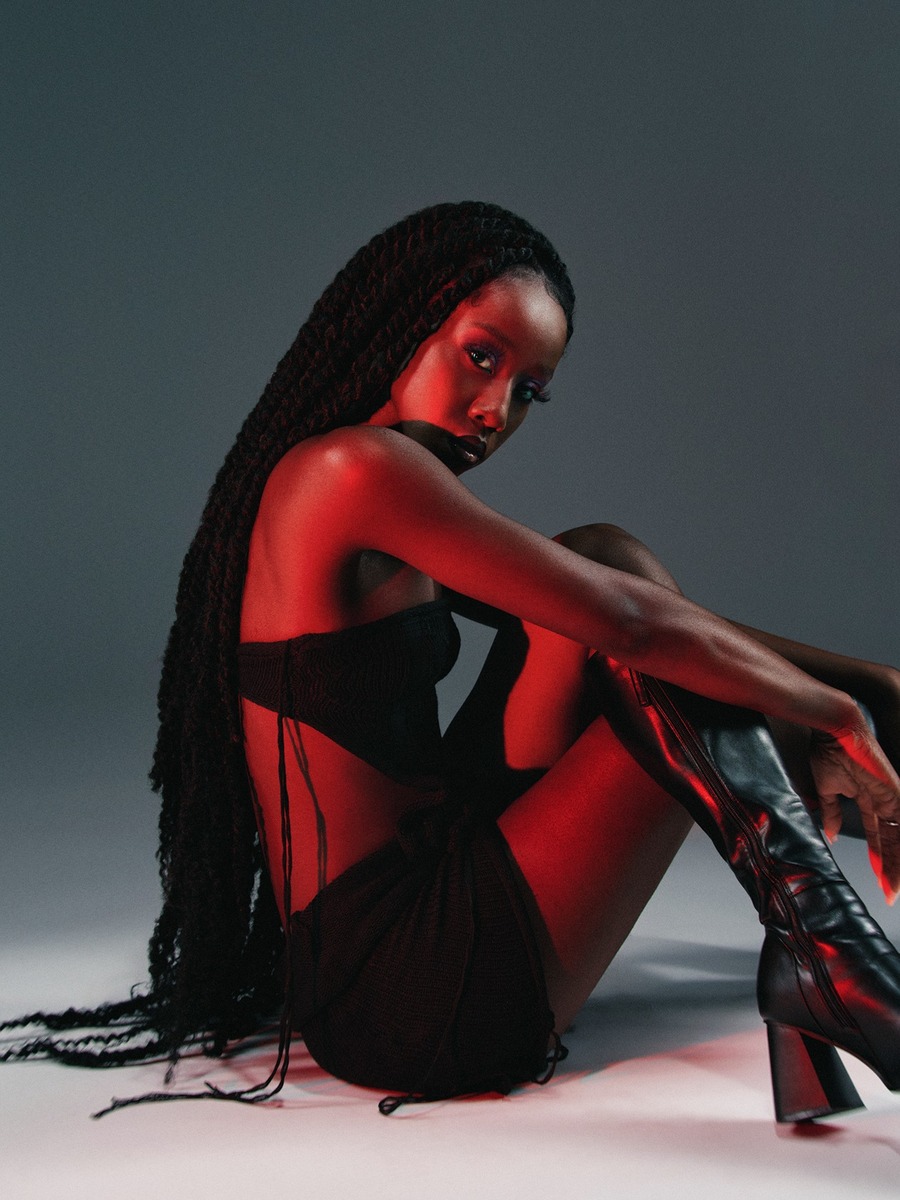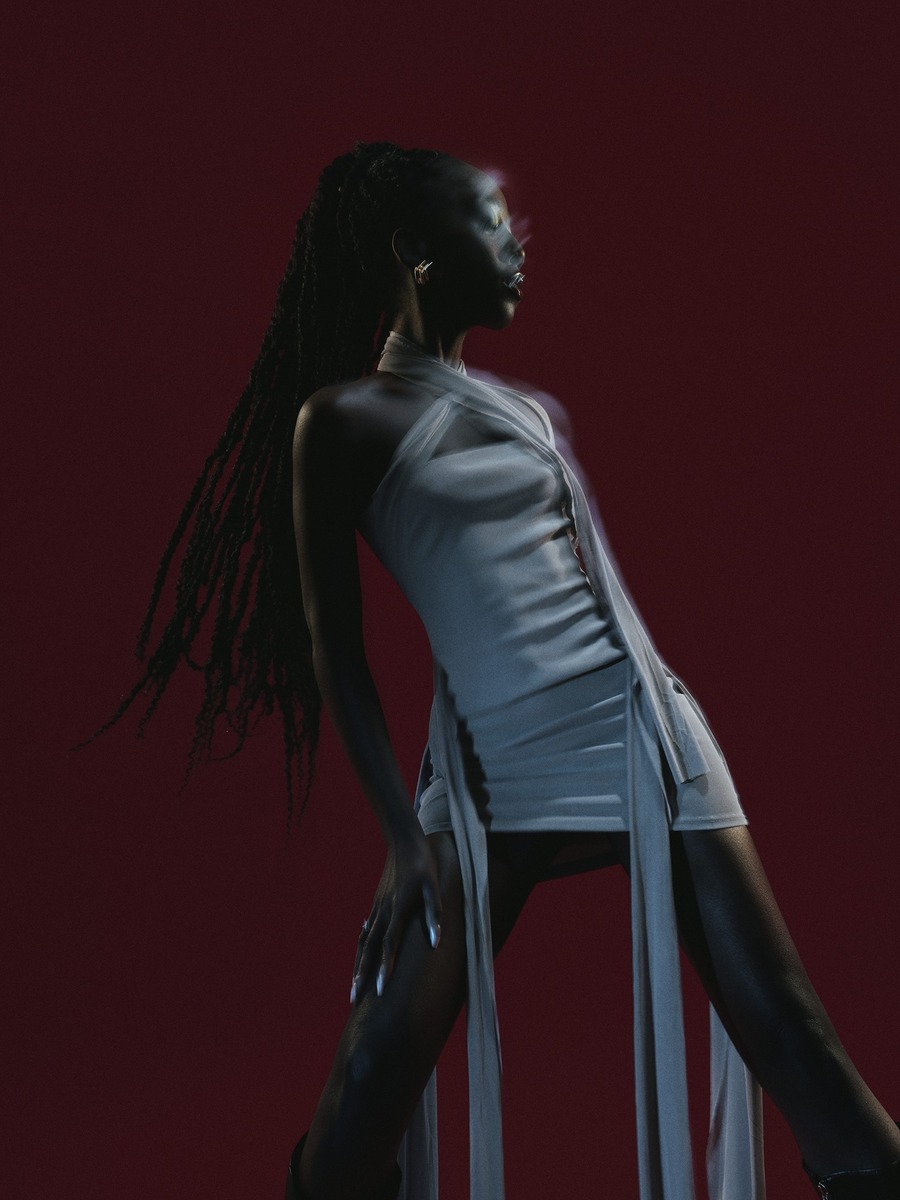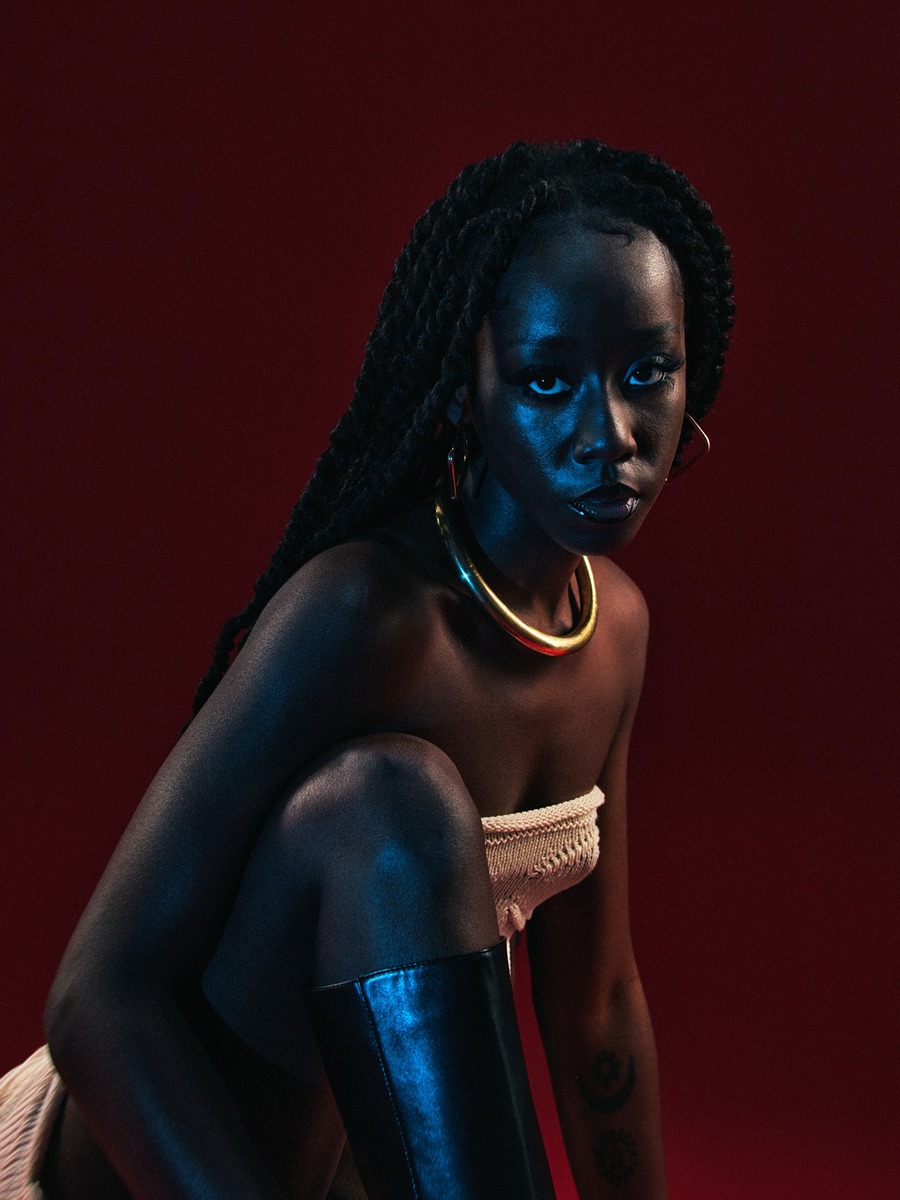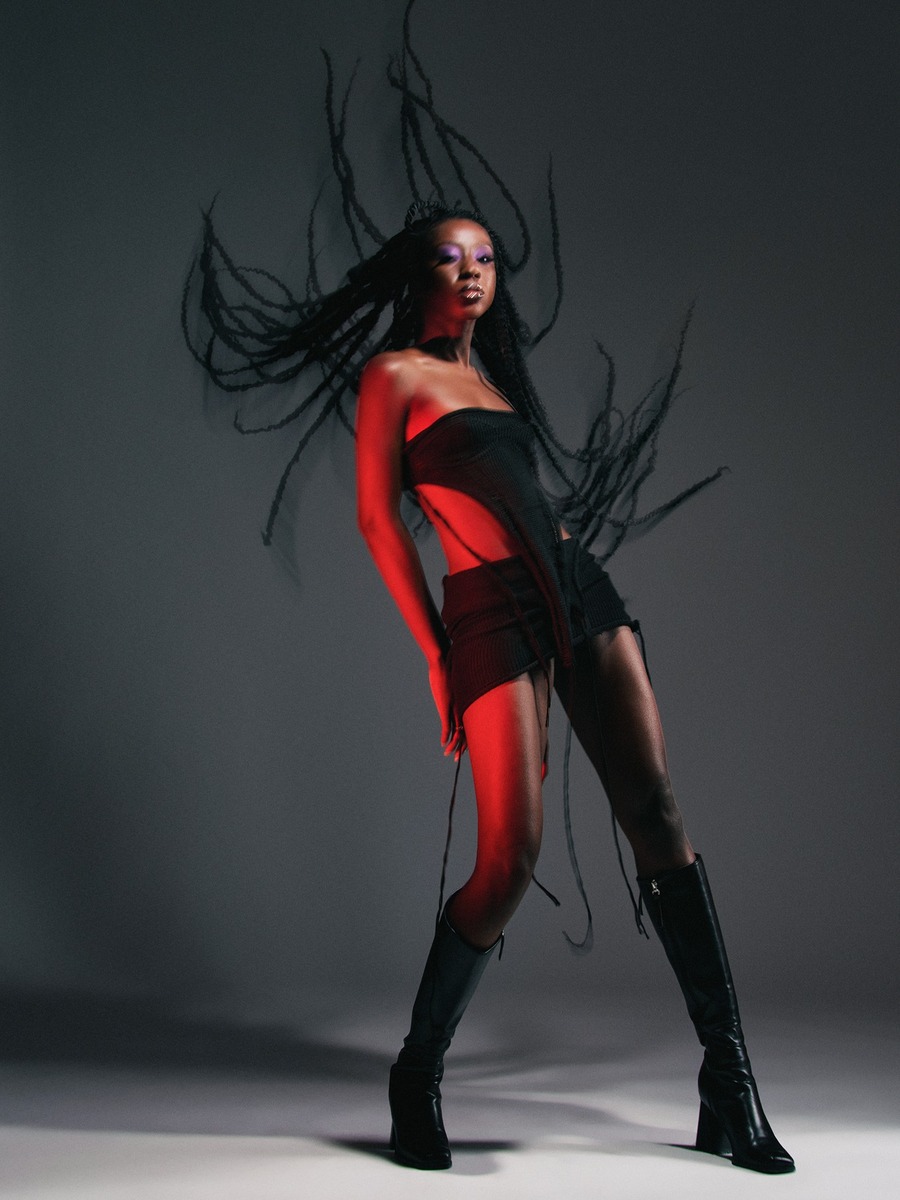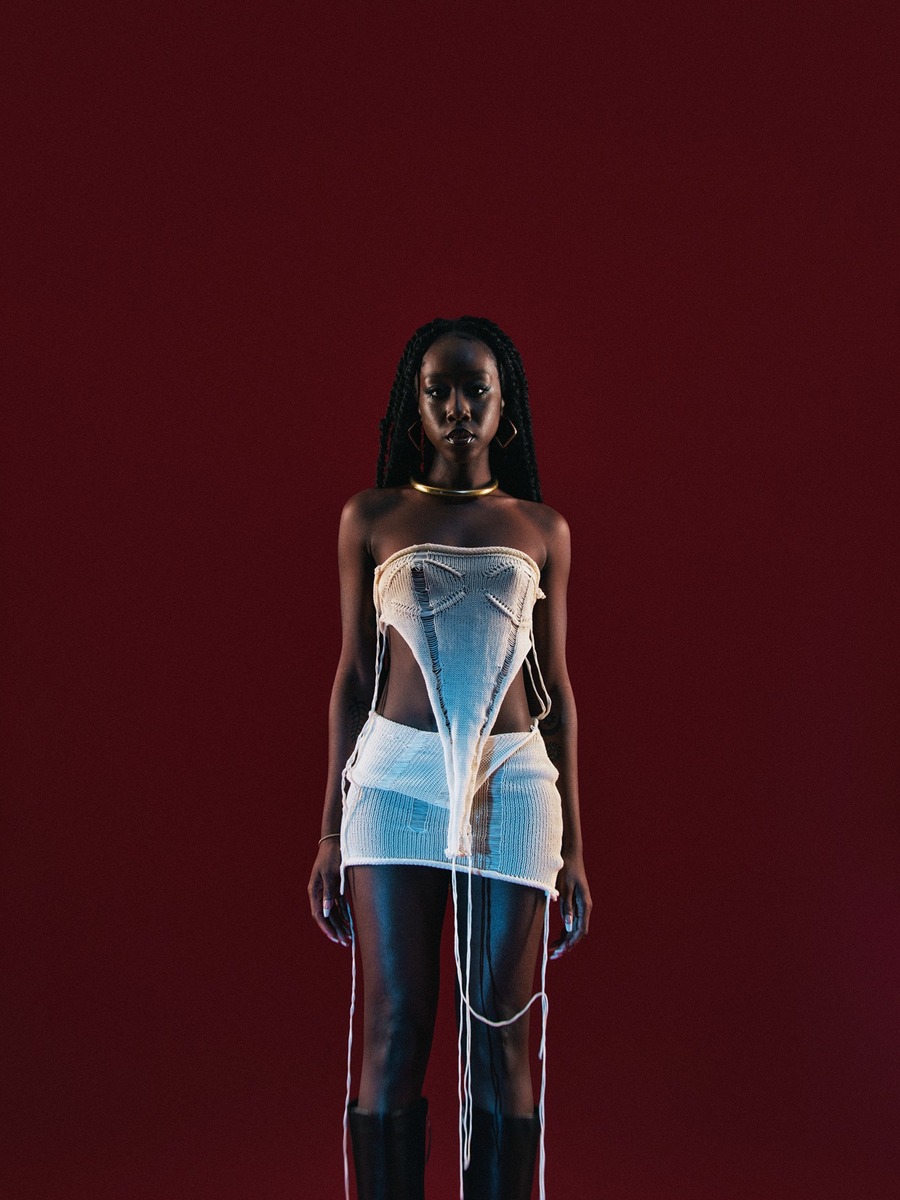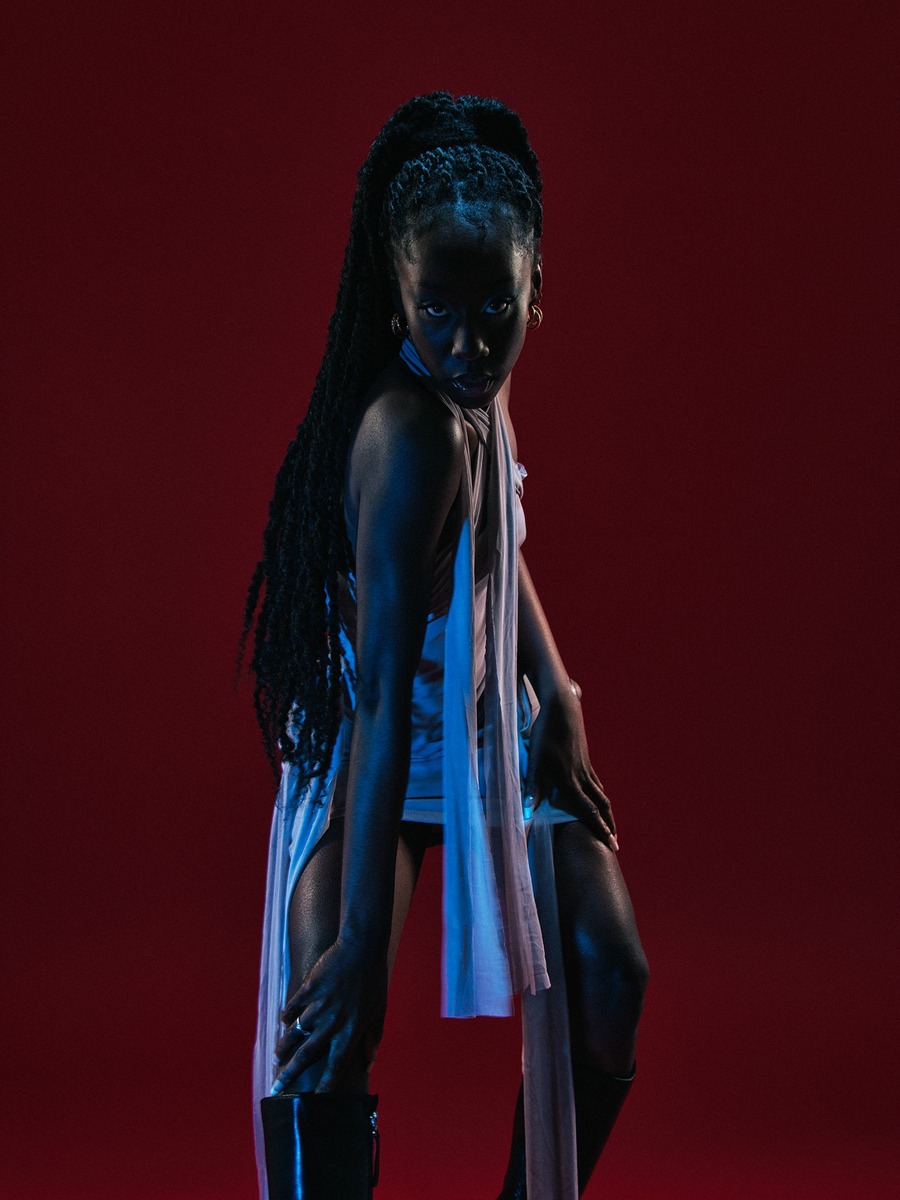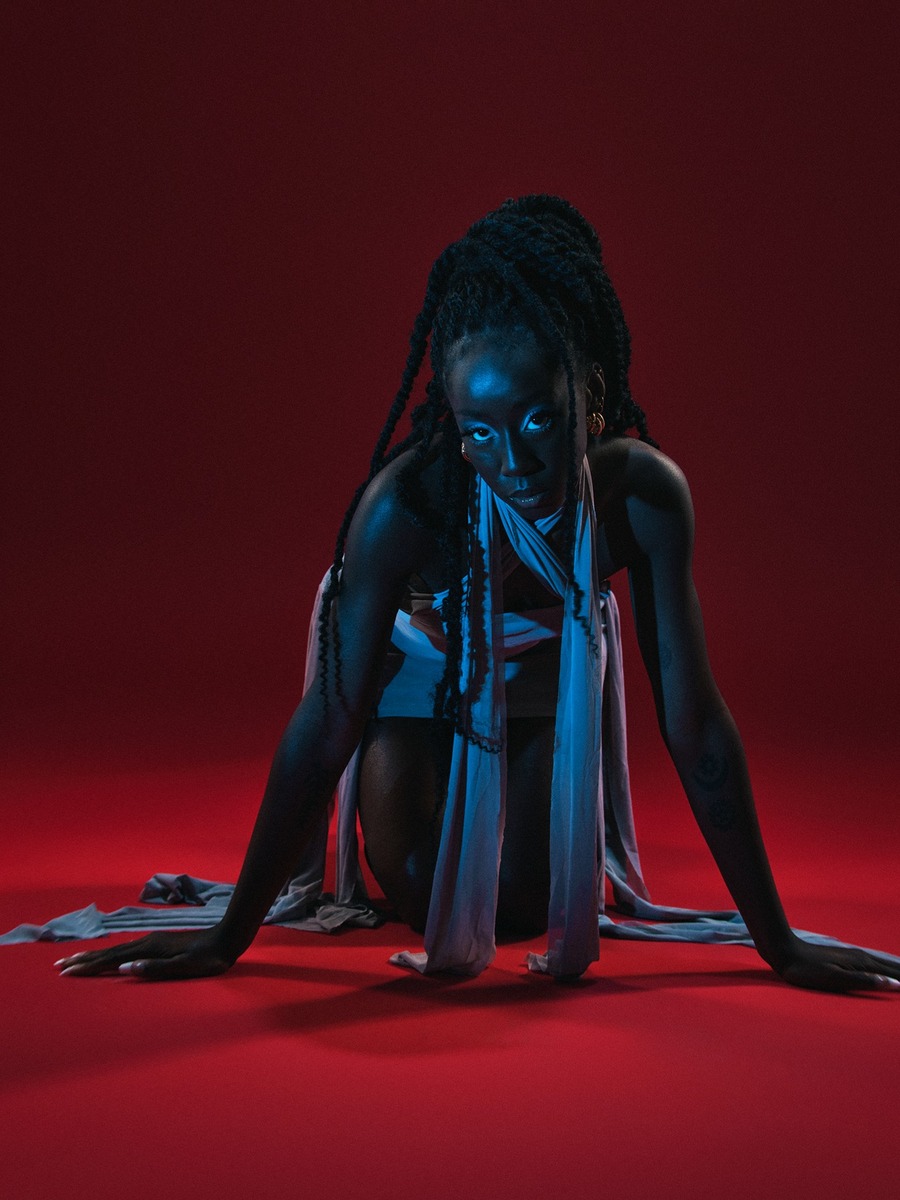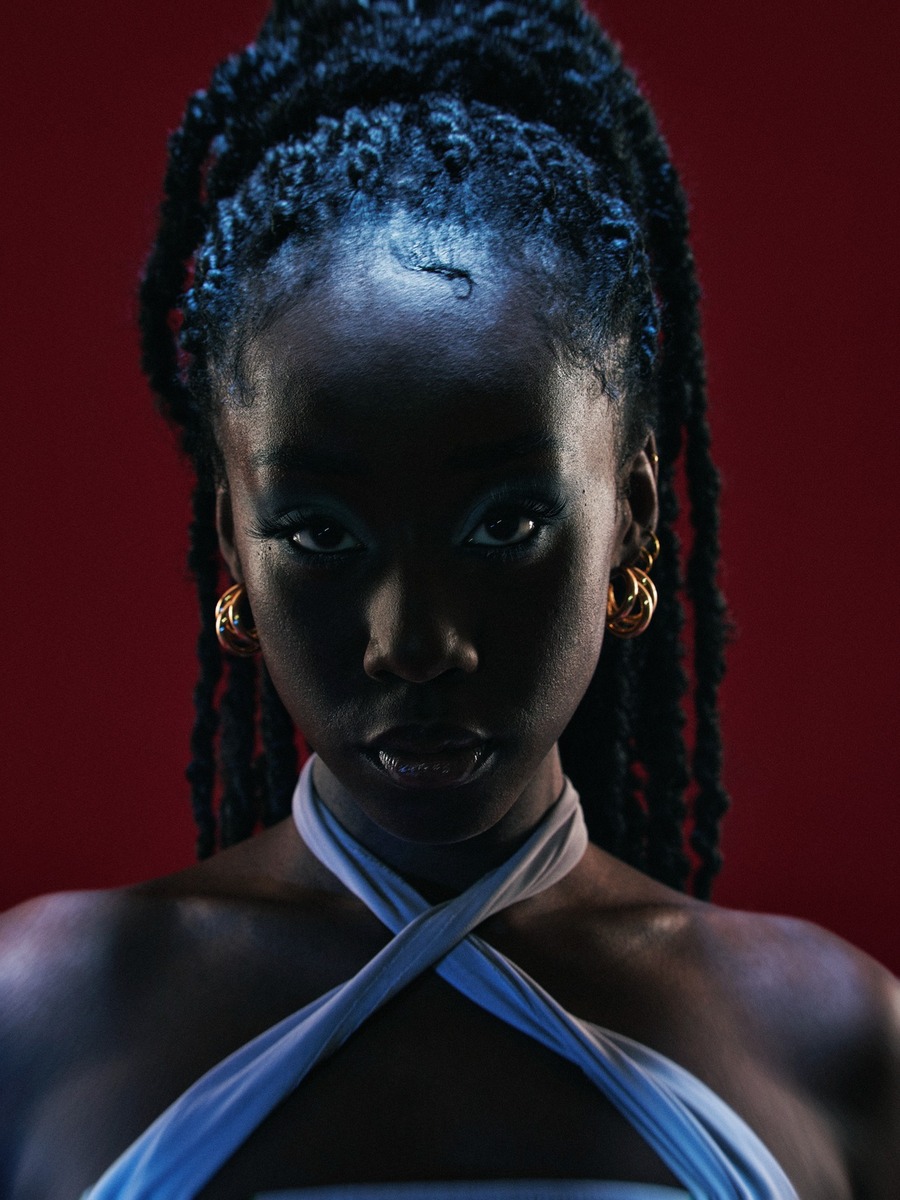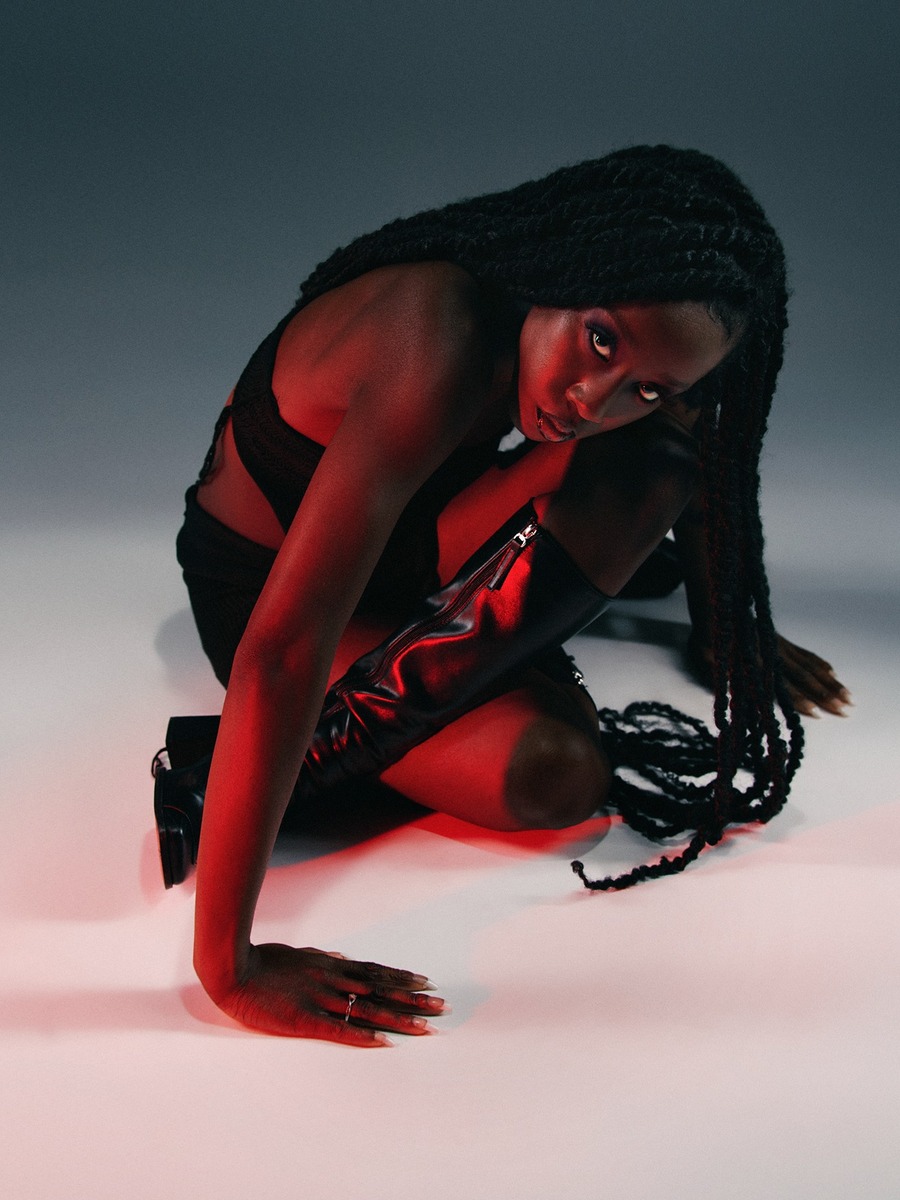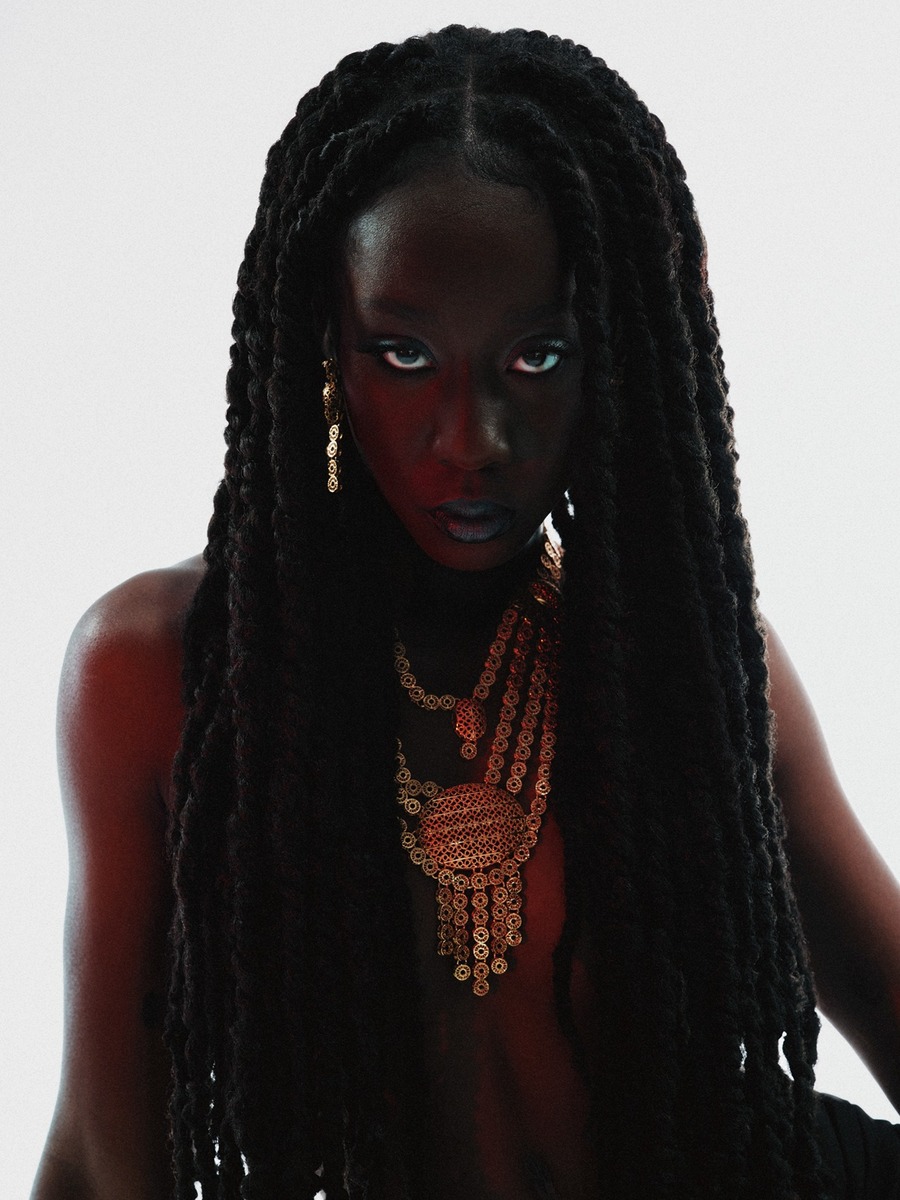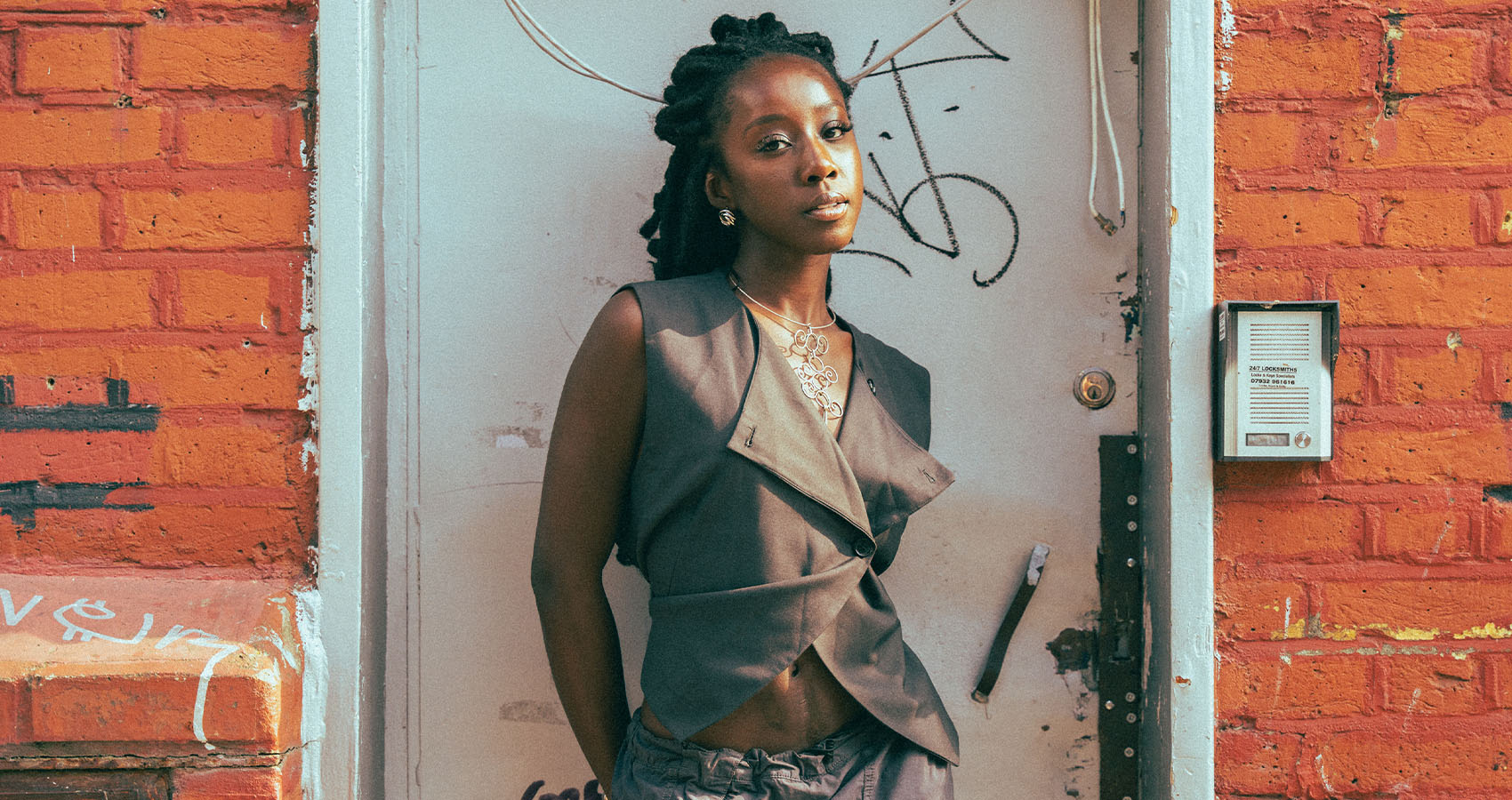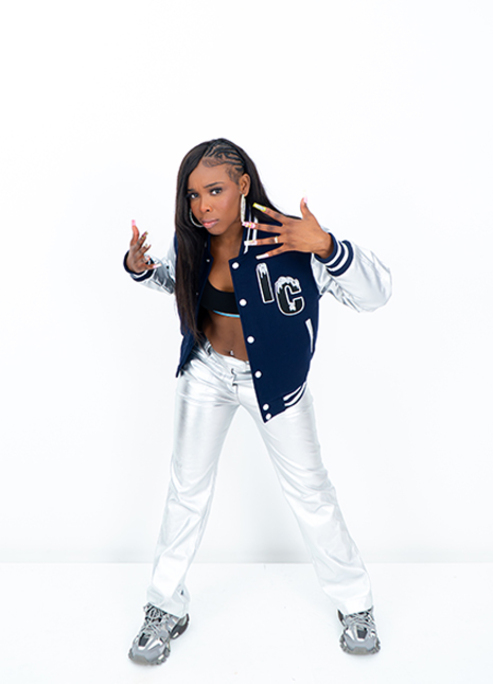Midi KwaKwa Unveils 'Moonflower' EP and Potent Single 'Let Me Be Your Vice'
Intimacy, desire, and self-ownership,
Blending the rich textures of Neo-Soul, Alternative R&B, and electronic music, Midi KwaKwa announces the release of her powerful new single ‘Let Me Be Your Vice’, a sensual, emotionally charged exploration of intimacy, desire, and self-ownership. The track is lifted from her much-anticipated new EP ‘Moonflower’, now available on all streaming platforms.
Born in North Rhine-Westphalia, Germany to Ghanaian parents, Midi KwaKwa channels her heritage and life experiences into a bold, authentic sound that speaks to mental health, resilience, and the dualities of femininity. With intricate production, compelling lyricism, and a voice that aches and soars in equal measure, ‘Moonflower’ is a glowing testament to her artistry and evolution.
Your EP Moonflower carries a lot of symbolism — resilience, softness, and mystery. What drew you to that title, and how does it reflect your personal growth?
My former manager actually came up with the name Moonflower, and I thought it was really cute. I’ve always been a big flower fan—my favorite flower was the sunflower, and I used to call myself a sunflower child. So the idea of using a flower felt perfect. The moonflower needs darkness to grow, and that really tells my story. There was a lot of darkness I had to fight through to become the woman I am today.
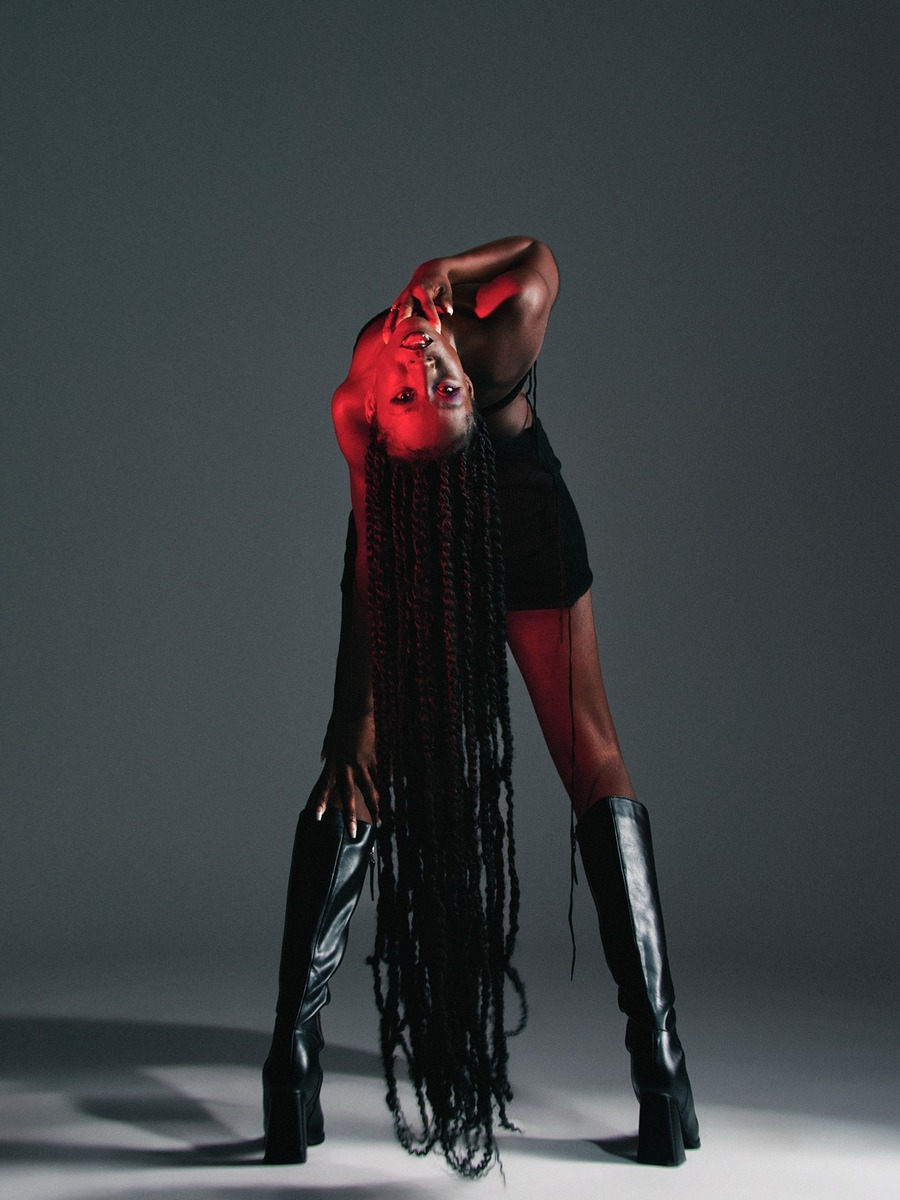
You describe yourself as a visual artist as well as a singer. When you’re writing music like "DiH" or "Rosalina," are you already imagining the visuals? Or does that come later?
It depends on the song, to be honest—but with most of them, I do start imagining the visuals early on.
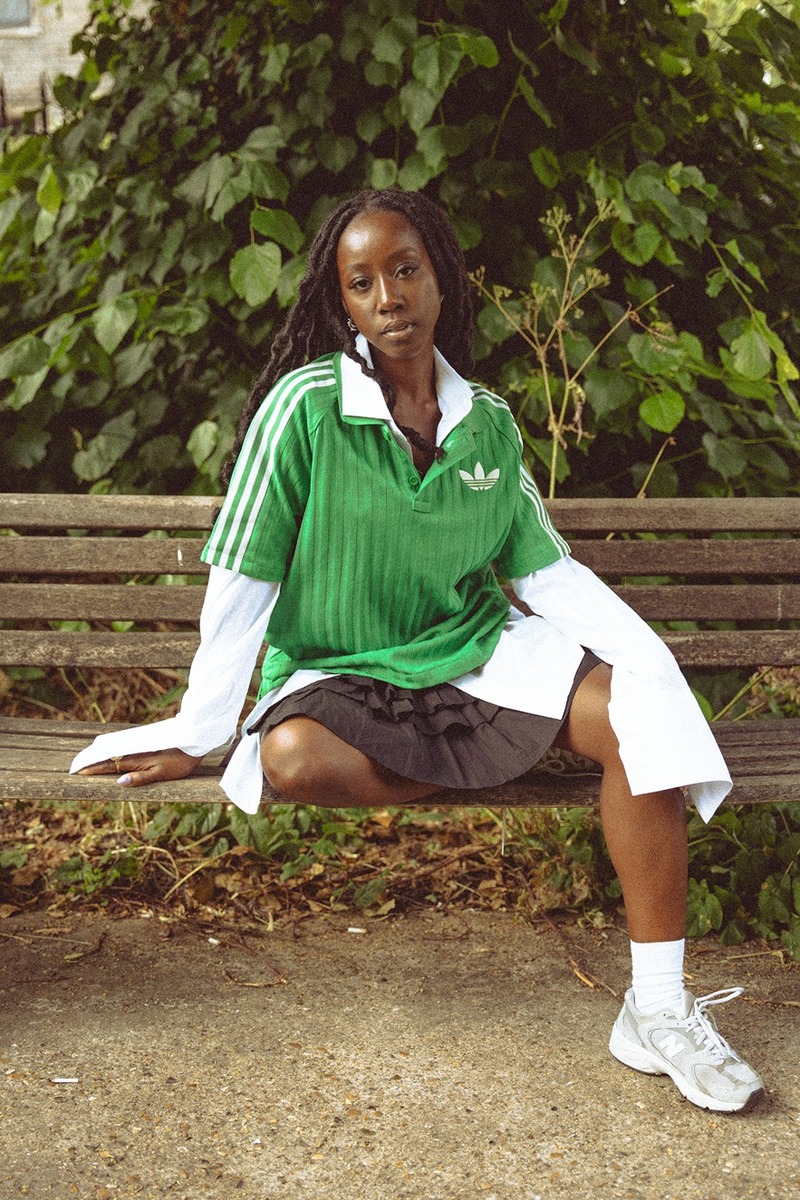
Tracks like “Let Me Be Your Vice” are dripping in sensual confidence. What does sensuality mean to you — in art, performance, and everyday life?
I’m very femme—and also a very sensual being. I feel deeply, and that comes through in both my art and my everyday life.
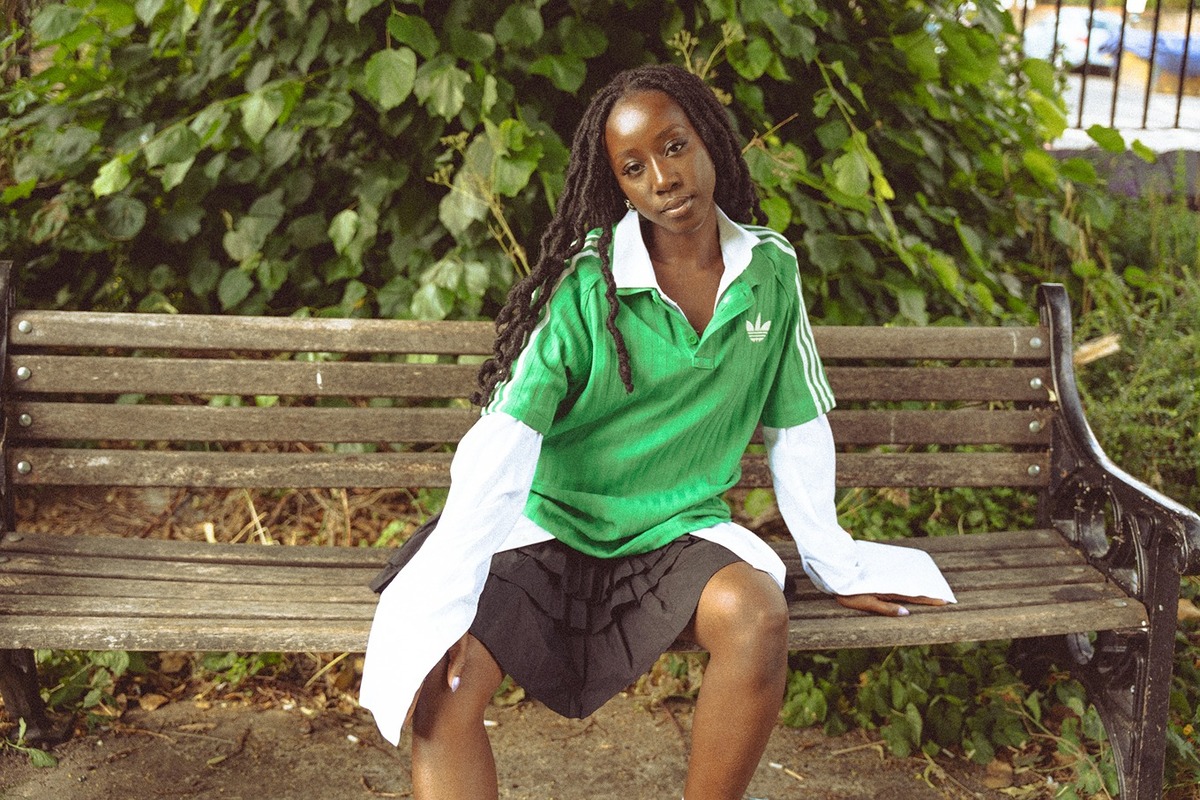
Your Ghanaian heritage clearly shapes your work — from rhythms to imagery. How do you approach blending tradition with futuristic or electronic textures in your music?
A lot of people tried to put me in a box, expecting me to do Afrobeats just because I’m Ghanaian. I’ve never really been a fan of that, because I’m not an Afrobeats artist. I love the genre, but my heart is in R&B—that’s what I grew up listening to in Germany. At the same time, I was raised to be a proud African woman, and I’m deeply proud to be Ghanaian. I always make sure that shines through in what I do.
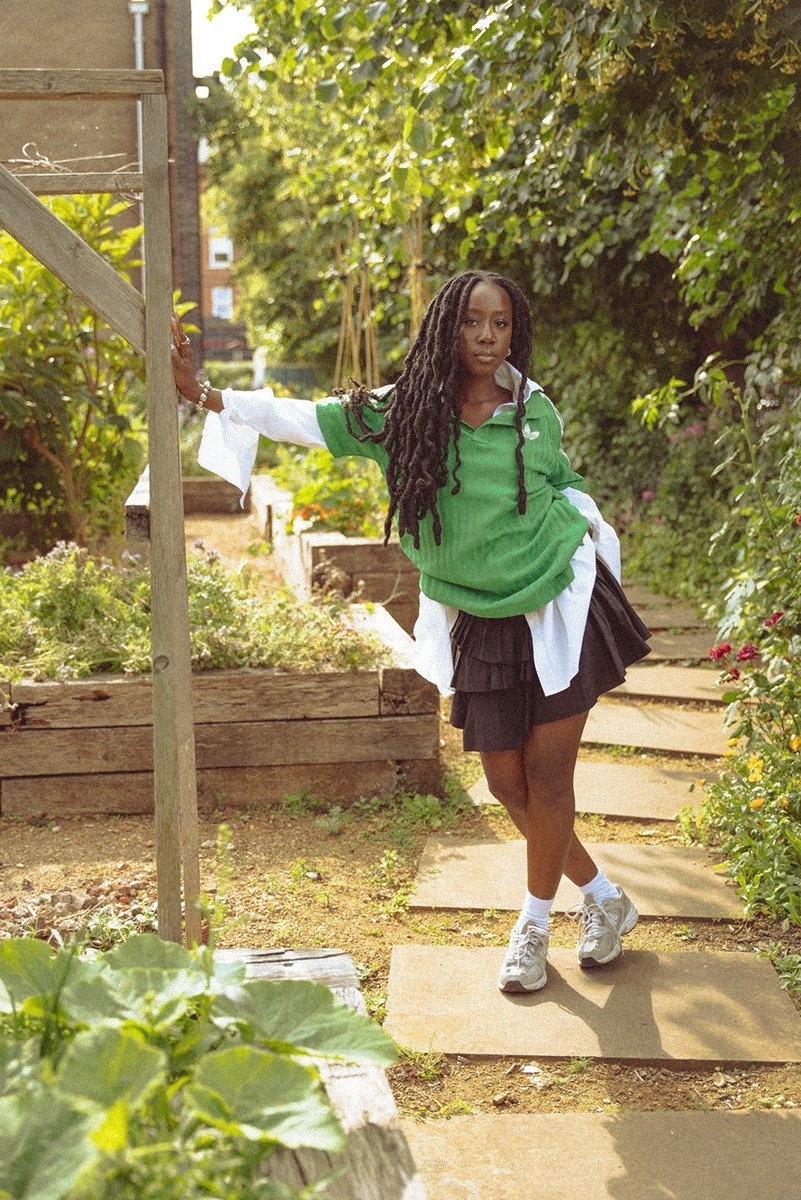
"Rosalina" introduces a darker, alter-ego side of you. What does she represent in your story — and will we be hearing more from her?
She’s bold, and I like that. I learned a lot about myself while crafting that song. You’ll definitely be hearing more from her.
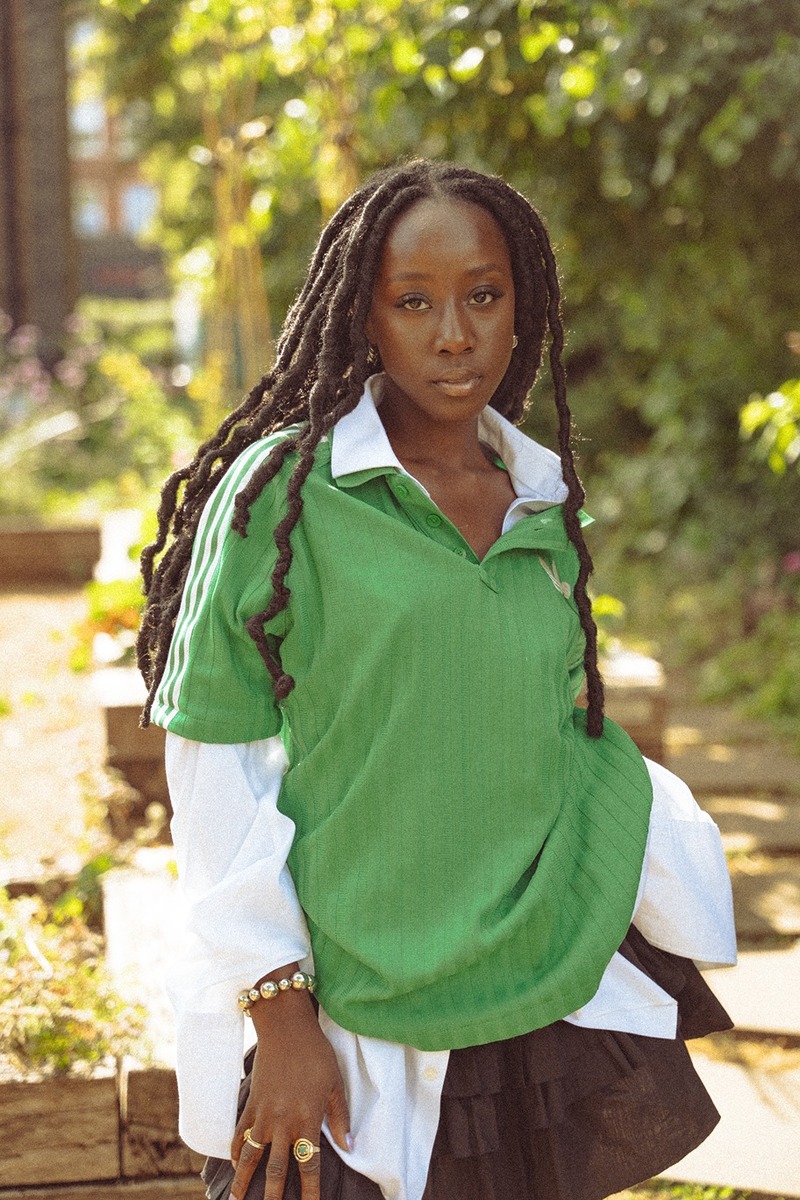
Moonflower is so intimate. How did you protect your own emotions while also being so open with your audience?
Beautiful question! I’m still learning how to protect my emotions, but something that really helps is noticing when I’m trying to people-please—then pausing to center myself and choose what truly aligns with my heart. On stage, I’m very honest. I cry, I tell my story, because I want people not just to hear me, but to feel me and connect with the human I am.
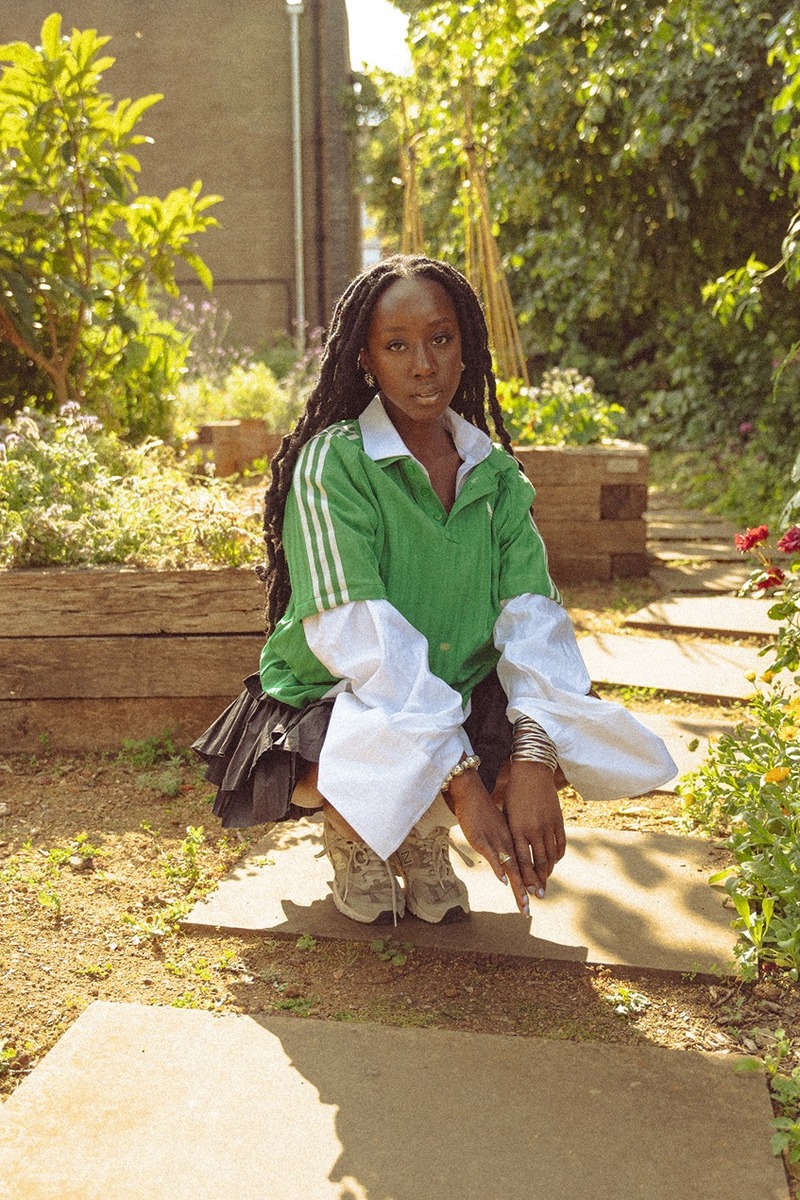
Sapphic Sounds is all about queer visibility and artistry. How important is the queer community to your music journey — and what can fans expect from your live set in London?
Music comes in different forms —that’s the most beautiful thing about it. Everyone can find their own sound. Music doesn’t exclude, it invites. It comes in raw or polished forms, in different colours —and that’s exactly what I see in the queer community. At my live set in London, fans can expect a vulnerable and deeply emotional set. They’ll get to know me—not just hear my songs.
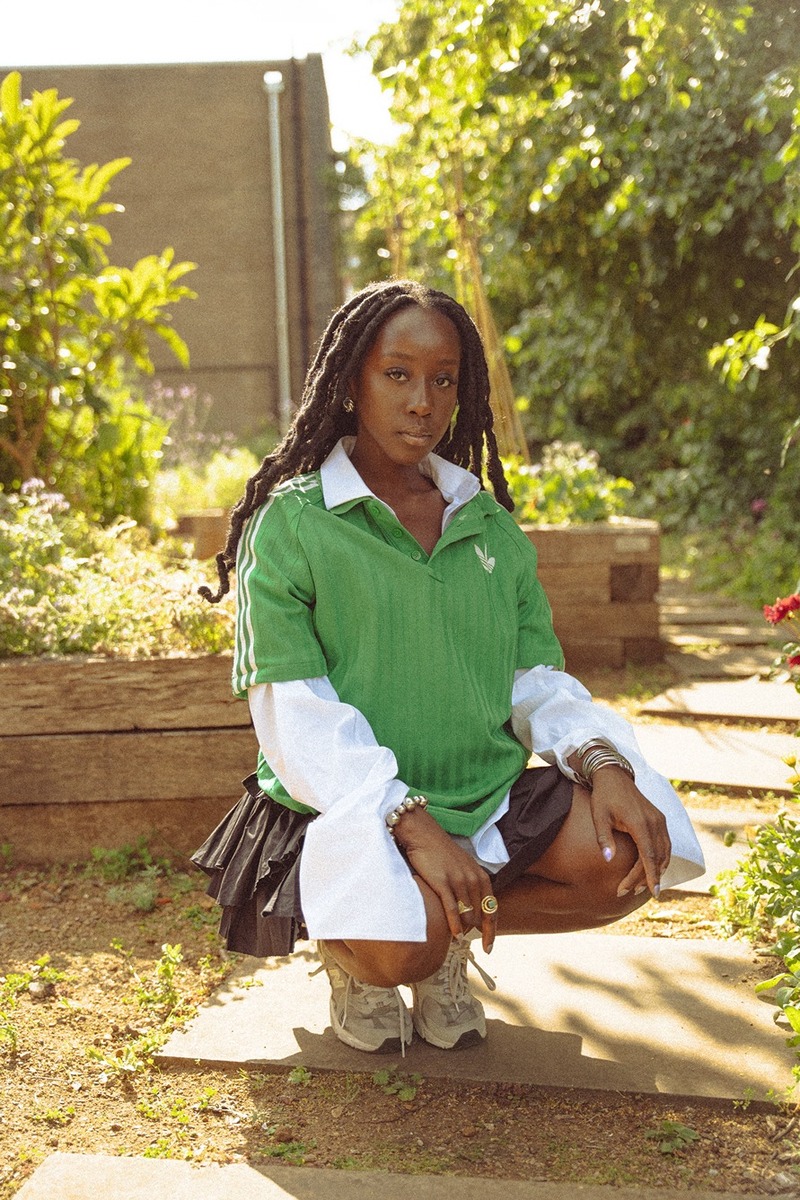
You’ve mentioned influences like Lauryn Hill and Amel Larrieux. What’s a lesson you've carried from them into your own creative process?
To be unapologetically proud of being a Black woman, like Lauryn. And to be politically honest with spiritual layers, like Amel. Her music draws you in like the ocean—what it reveals isn’t always cute, but it’s real.
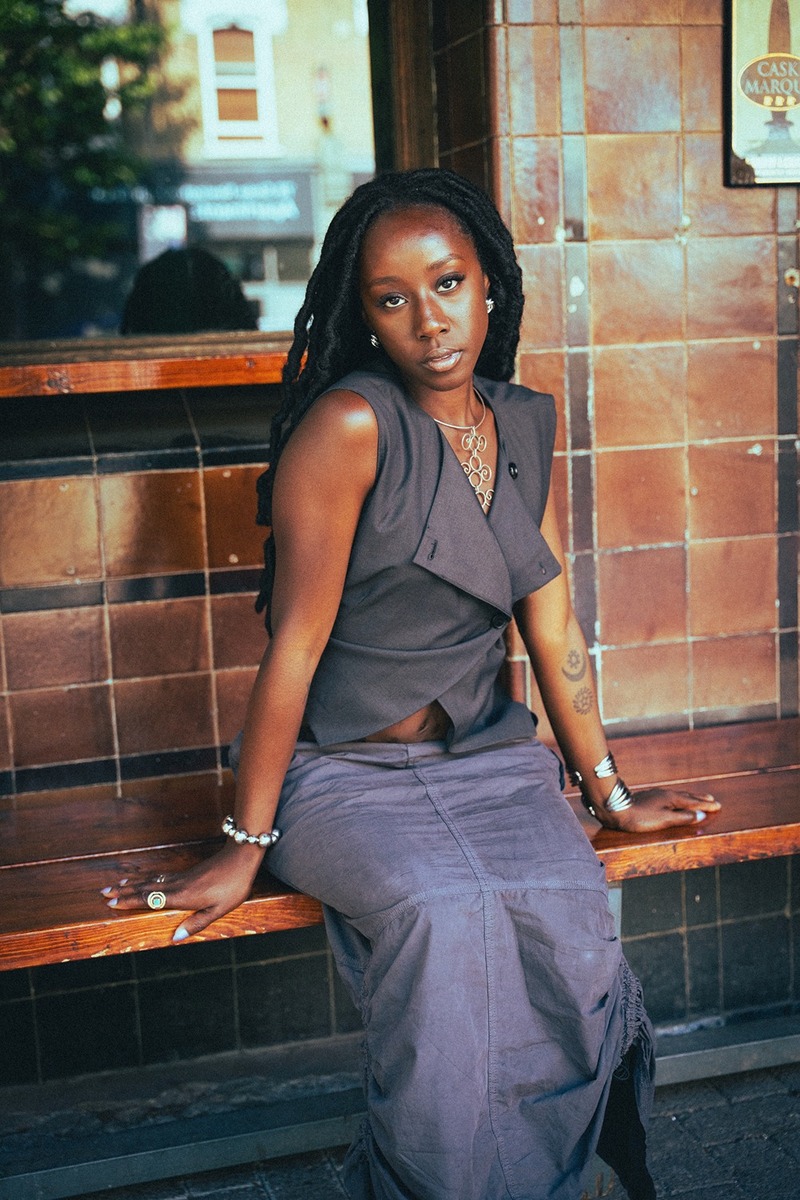
You were just named Apple Music’s Up Next artist in Ghana — congrats! What did that moment mean to you, especially as someone living between places and cultures?
Oh, it meant so much. I really felt seen—and that’s all I ever wanted. Living between places is a blessing, but it’s also hard, because there’s no true sense of belonging. Physically, I’m in Europe. But spiritually, I belong at home—and that’s Ghana. That’s Africa.
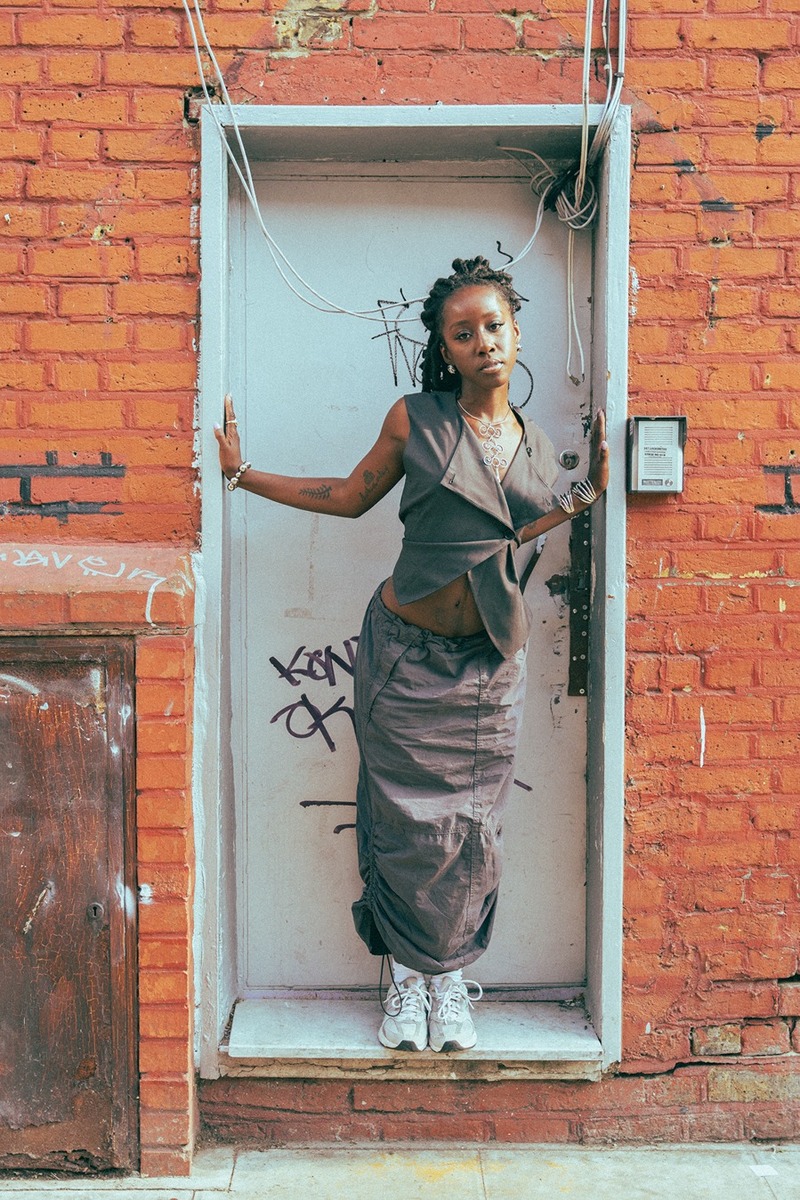
Now that Moonflower is out, what’s next? Are you exploring new sounds, visuals, or maybe even collaborations?
I’d love to collaborate with more musicians—especially artists from Ghana or Nigeria, and R&B singers from the UK. I haven’t started thinking about a new project just yet, but I am already working on new songs, and I’m excited to finally release the ones that have been waiting in the wings.
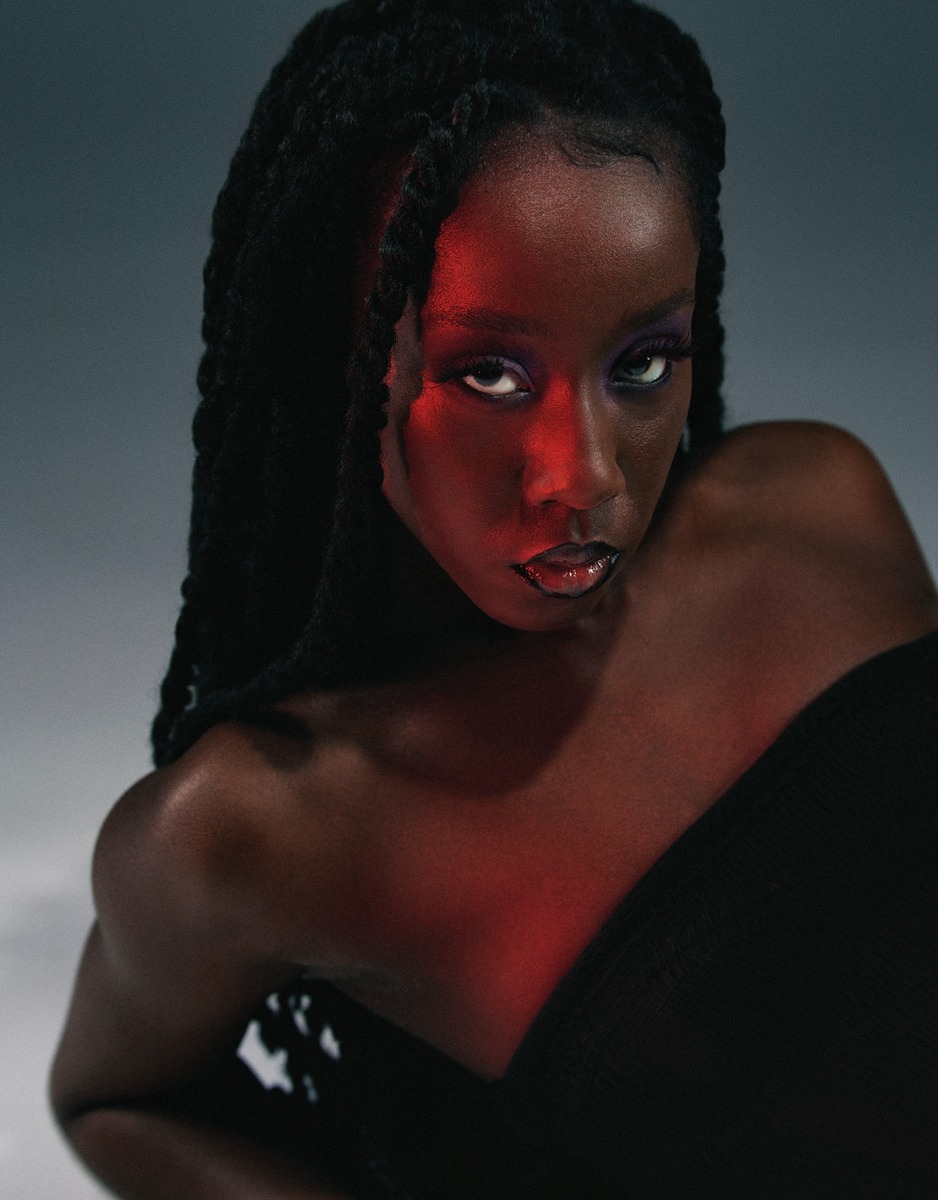
‘Moonflower’ marks a transformative new chapter for Midi KwaKwa – a project rooted in vulnerability, empowerment, and the soul’s quiet bloom through darkness.
From the haunting beauty of ‘DiH’ to the Amapiano-infused pulse of ‘Rosalina’, each track offers a distinct sonic universe, tethered by a singular voice and vision. As Midi invites listeners to find their own reflection within her music, her message remains clear: “You are never alone.”
Photos courtesy of Claire Leach
